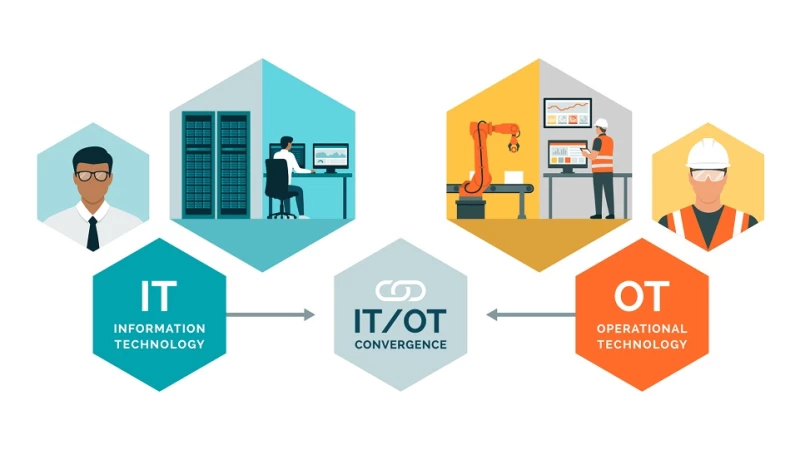Networking Certifications Guide

In the realm of information technology, networking stands as a cornerstone, enabling communication and data exchange between devices. As technology advances and networks become increasingly complex, the demand for professionals with a deep understanding of networking fundamentals, network design, implementation, and management has skyrocketed. Networking certifications serve as a benchmark of an individual’s expertise and knowledge in this domain, opening doors to lucrative career opportunities and enhancing professional credibility. This comprehensive guide delves into the world of networking certifications, exploring their importance, types, preparation strategies, and the career paths they can unlock.
Importance of Networking Certifications
Networking certifications are indispensable for several reasons:
- Validation of Skills: They validate an individual’s skills and knowledge in network administration, design, and security, making them more attractive to potential employers.
- Career Advancement: Certifications can significantly boost career advancement opportunities, leading to higher-paying jobs and senior roles within organizations.
- Staying Updated: The IT landscape is constantly evolving. Certifications help professionals stay updated with the latest technologies, trends, and best practices in networking.
- Competitive Edge: In a competitive job market, certifications can provide a competitive edge, distinguishing certified professionals from their non-certified peers.
Types of Networking Certifications
The networking certification landscape is diverse, with various certifications catering to different levels of expertise and specialization. Some of the most renowned certifications include:
- CompTIA Network+: An entry-level certification that covers networking fundamentals, including network architectures, protocols, and security.
- Cisco Certified Network Associate (CCNA): Offered by Cisco, this certification is more advanced and focuses on networking devices, network design, and implementation using Cisco products.
- Juniper Networks Certified Associate (JNCIA): For those interested in Juniper Networks technology, this certification covers Junos OS, network fundamentals, and basic Juniper device configuration.
- Cisco Certified Internetwork Expert (CCIE): A prestigious, advanced certification that validates expertise in network infrastructure, including design, implementation, and troubleshooting.
- VMware VCP-DCV: Focuses on data center virtualization, covering the design, implementation, and management of virtualized data centers using VMware solutions.
Preparation Strategies
Preparing for networking certifications requires a structured approach:
- Official Study Materials: Utilize official study guides, textbooks, and online resources provided by the certification vendor.
- Practice Exams: Engage with practice exams to familiarize yourself with the exam format and question types.
- Hands-on Experience: Practical experience with networking devices and software is crucial. Set up a home lab or use virtual lab environments to practice configuration and troubleshooting.
- Online Courses and Tutorials: Leverage online training courses, webinars, and tutorials that cover certification topics in depth.
- Study Groups and Forums: Joining study groups and participating in online forums can provide valuable insights, tips, and support from peers and experienced professionals.
Career Paths and Opportunities
Networking certifications can lead to a variety of rewarding career paths:
- Network Administrator: Responsible for the daily operations of computer networks, ensuring they are secure, reliable, and efficient.
- Network Engineer: Focuses on the design, implementation, and maintenance of network infrastructure, including local area networks (LANs), wide area networks (WANs), and the Internet.
- Cybersecurity Specialist: Works on protecting computer networks from cyber threats by developing and implementing robust security protocols and penetrate testing.
- Network Architect: Designs and builds computer networks, including LANs, WANs, and intranets, ensuring they meet the organization’s requirements.
- IT Manager: Oversees the overall technology strategy of an organization, including networking, and leads IT teams to achieve organizational goals.
Conclusion
Networking certifications are a powerful tool for IT professionals seeking to enhance their skills, advance their careers, and stay relevant in a rapidly evolving technological landscape. By understanding the importance of these certifications, exploring the various types available, and adopting effective preparation strategies, individuals can unlock a plethora of career opportunities and contribute significantly to the dynamic world of networking.
What is the best networking certification for beginners?
+The CompTIA Network+ is often considered the best networking certification for beginners. It covers a broad range of networking topics, providing a solid foundation for further specialization.
How long does it take to prepare for a networking certification?
+Preparation time can vary significantly depending on the certification level, prior experience, and the amount of time dedicated to studying each week. On average, it can take anywhere from a few weeks to several months to prepare for a networking certification.
Are networking certifications really worth the investment?
+Yes, networking certifications are worth the investment. They can significantly boost career prospects, lead to higher salaries, and demonstrate expertise and commitment to the field, providing a strong return on investment.



